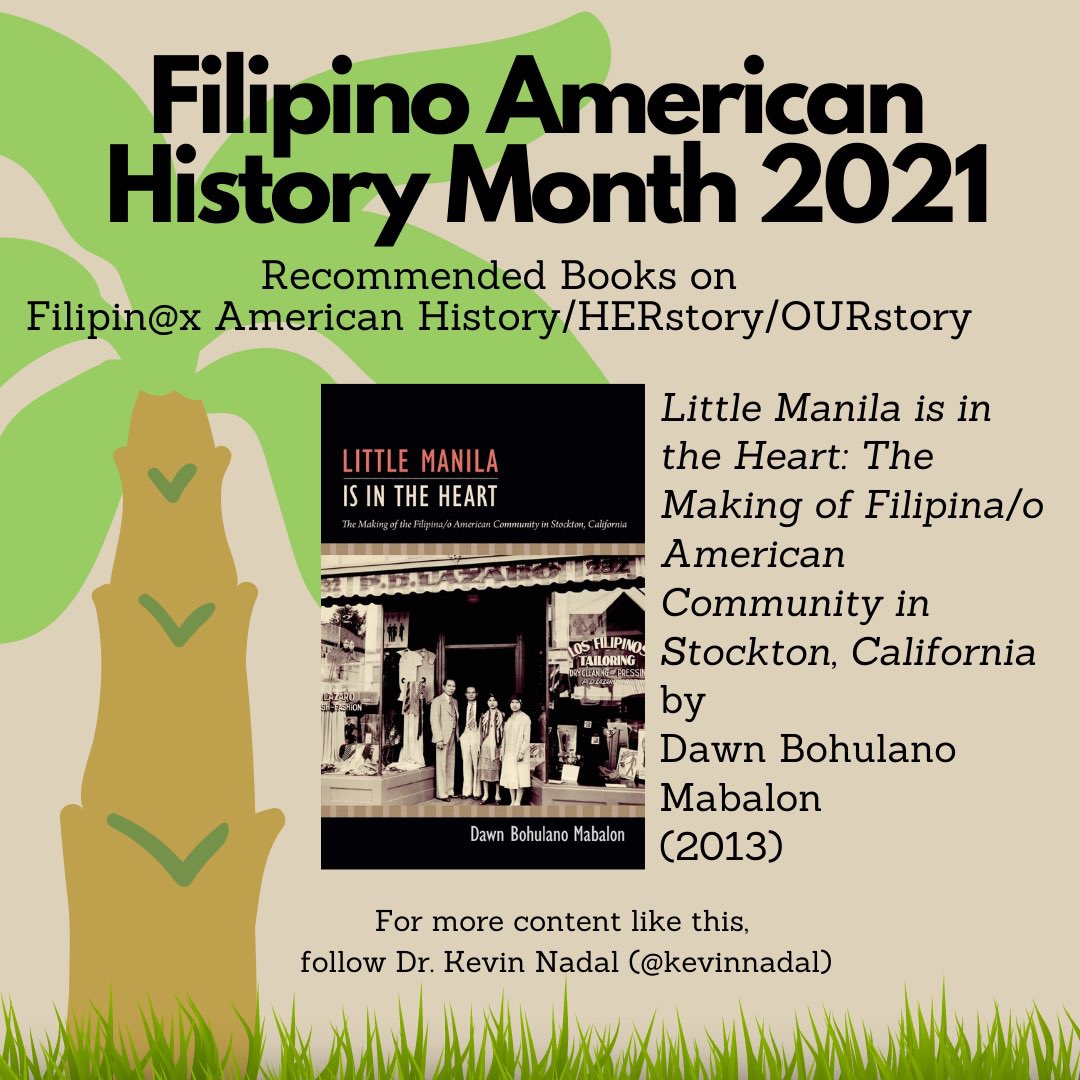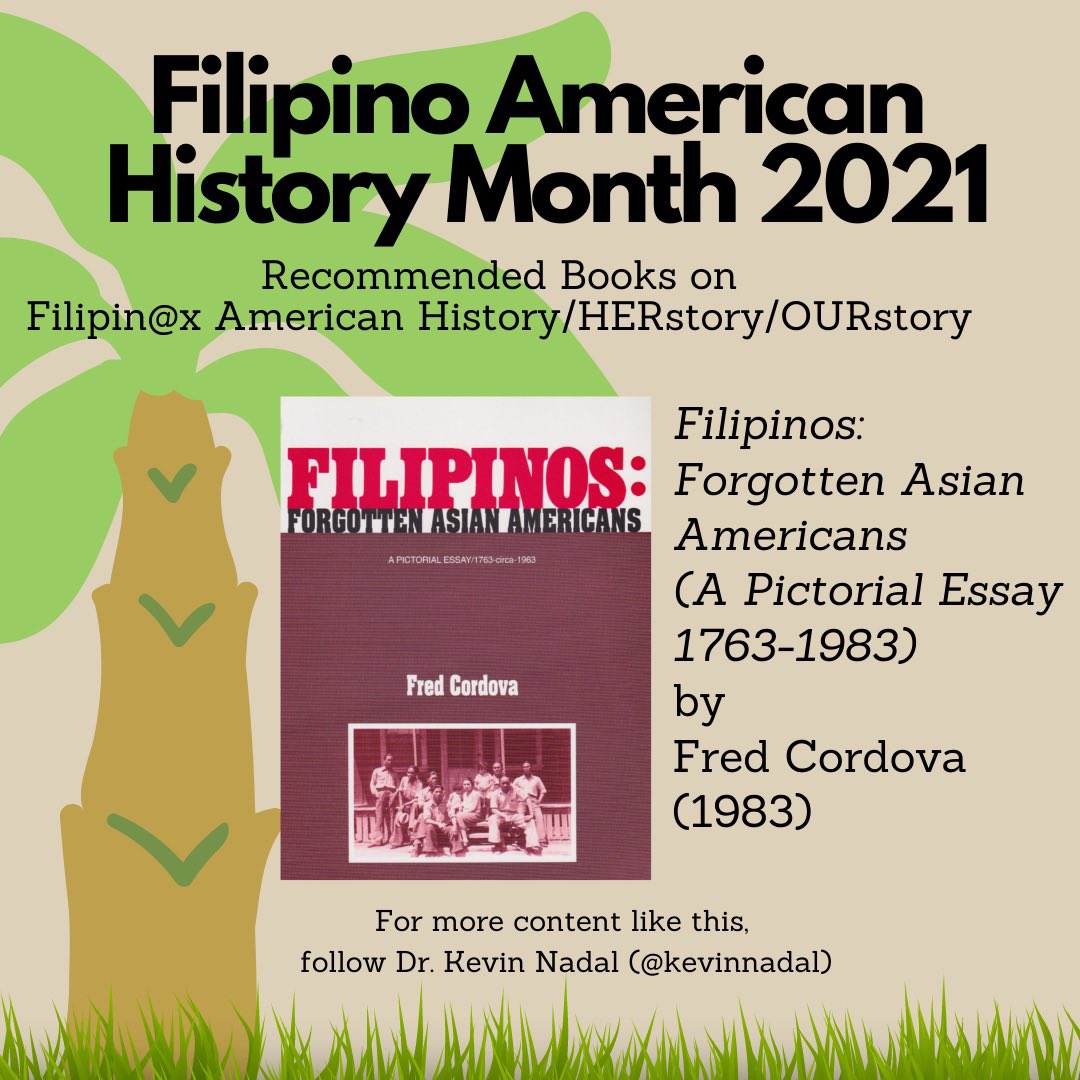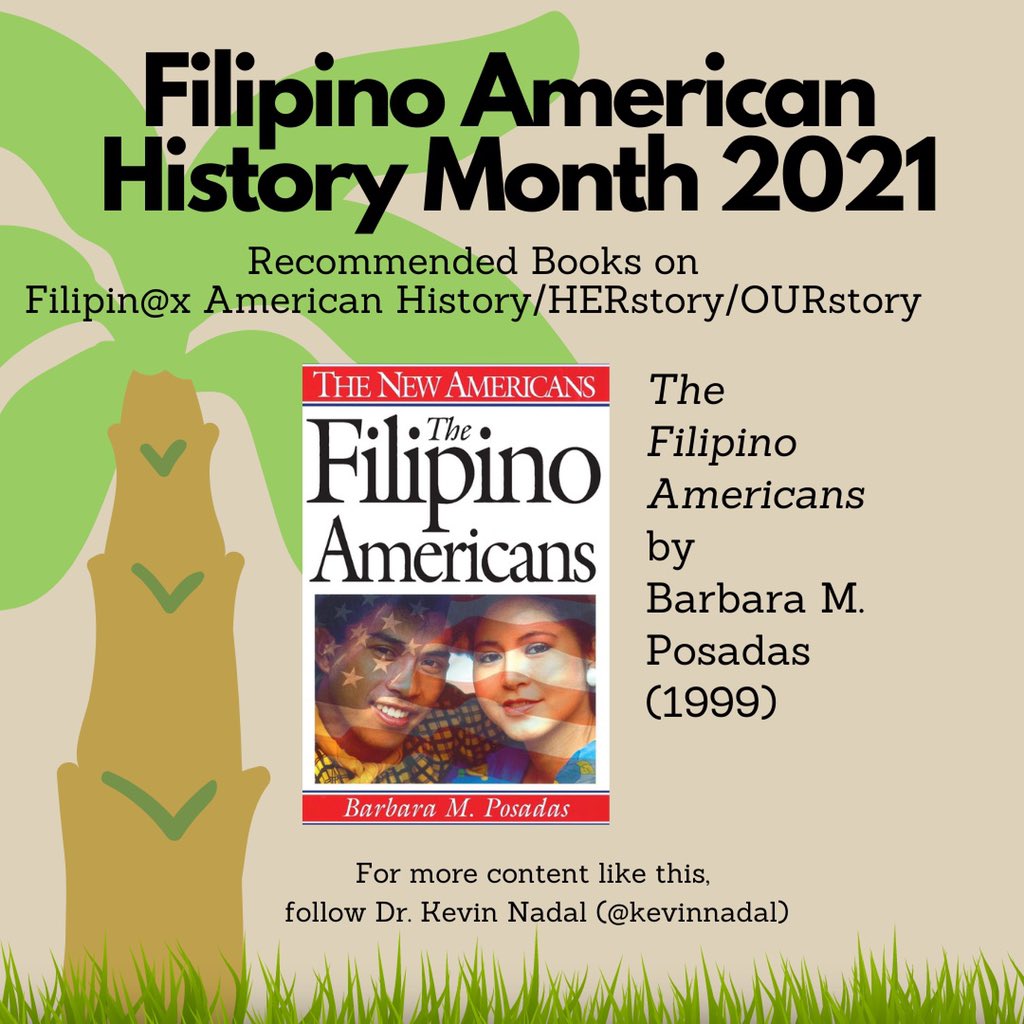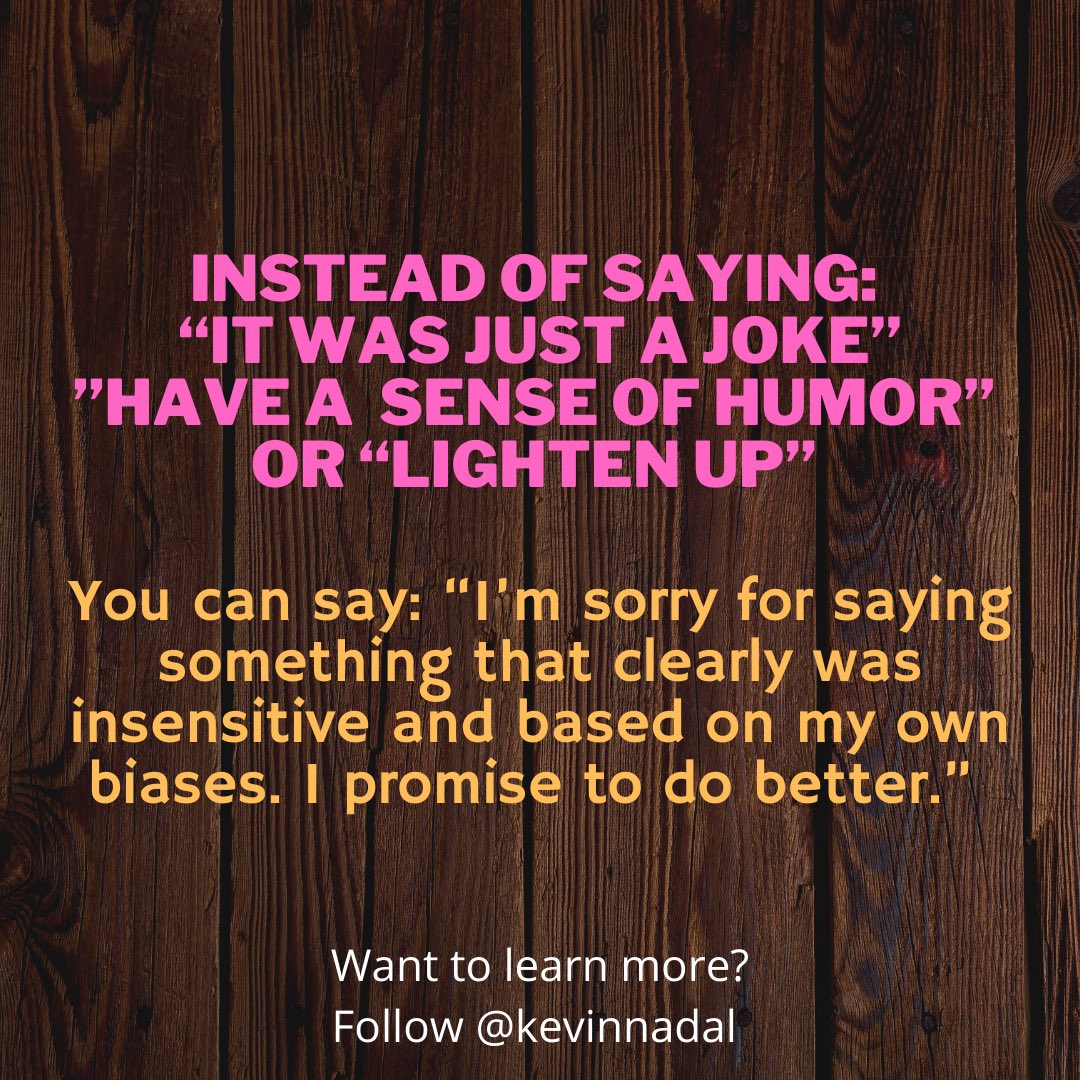
This week, I learned about the death of #JaxonSales- a young queer Asian American who was found dead in an older white man’s apartment in San Francisco in 2020. The family started a petition because a proper investigation was never conducted. change.org/justiceforjaxo…
The family was told that because the drug Jaxon overdosed on (GHB) is popular among gay men that it was an accidental overdose. They also learned that there was an overdose in the man’s same apartment just a week prior, but that the man was never questioned. #JusticeForJaxonSales
This story sounded oddly familiar. In Los Angeles, in 2019, two gay Black men (Gemmel Moore & Timothy Dean) were found dead, months apart, in the apartment of an older, wealthy white man named Ed Buck. Ruled accidental, LAPD did not investigate for months. out.com/news/2019/2/26…
With the pressure of a mass online petition and media attention, LA District Attorney *finally* investigated the murder of the two men. In 2021, Buck was convicted of murder. He would’ve gotten away with it, if the people hadn’t spoken out.
thedailybeast.com/democratic-don…
thedailybeast.com/democratic-don…
In December, a Black woman named Lauren Smith-Fields was found unresponsive & drugged in her apartment in Bridgeport, CT. The person who found her was a white man she met on Bumble. So far, police had not questioned the man further. #LaurenSmithFields
rollingstone.com/culture/cultur…
rollingstone.com/culture/cultur…
These are merely a few of the stories of people of color who are killed - most unreported in mainstream news & many with families who never see justice.
Queer men of color are not disposable. Black women are not disposable. No one is disposable.
#StopAsianHate #BlackLivesMatter
Queer men of color are not disposable. Black women are not disposable. No one is disposable.
#StopAsianHate #BlackLivesMatter
This is Jaxon Sales.
This is Lauren Smith-Fields.
Please amplify their stories. If our collective voices could result in some justice or peace for the families of Gemmel Moore and Timothy Dean, maybe we can do the same for their families too.
#JaxonSales
#LaurenSmithFields
This is Lauren Smith-Fields.
Please amplify their stories. If our collective voices could result in some justice or peace for the families of Gemmel Moore and Timothy Dean, maybe we can do the same for their families too.
#JaxonSales
#LaurenSmithFields

• • •
Missing some Tweet in this thread? You can try to
force a refresh






























